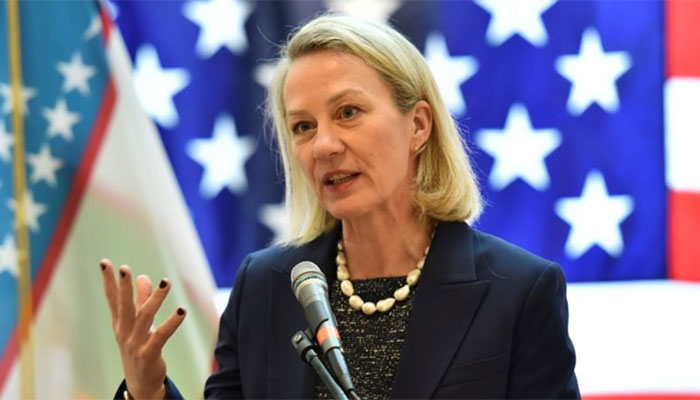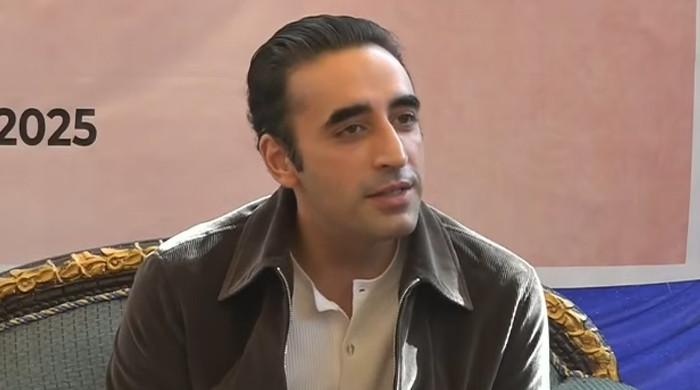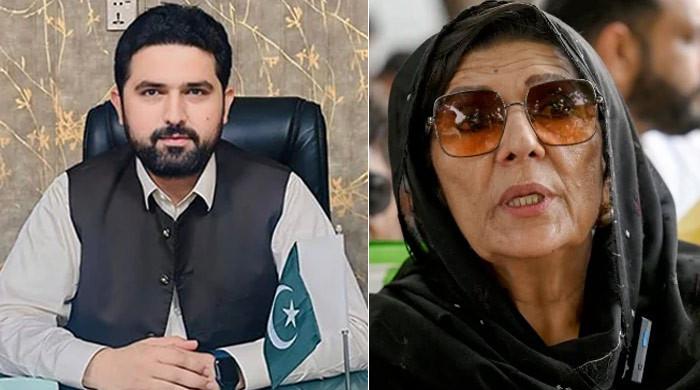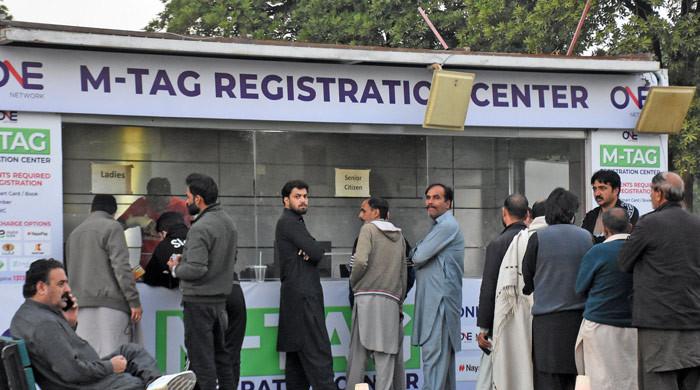US welcomes Pakistan’s statement in Daniel Pearl murder case
The perpetrators of this horrific act of terrorism will not escape justice, US envoy Alice Wells said in a statement
April 05, 2020

WASHINGTON: The United States has welcomed Pakistan’s actions in the murder of Wall Street Journal journalist after the Sindh High Court overturned the death penalty of prime accused and acquitted his three accomplices earlier this week.
“We welcome Pakistan's April 3 statement and the Sindh government’s decision to continue to detain those responsible for Daniel Pearl's kidnapping and murder and to mount a strong appeal,” Principal Deputy Assistant Secretary of State Alice Wells said in a statement.
“The perpetrators of this horrific act of terrorism will not escape justice,” she added.
The Sindh High Court on Wednesday had acquitted three persons accused of being involved in the kidnapping and murder of the American journalist back in 2002.
A two-judge bench of the SHC, headed by Justice Mohammad Karim Khan Agha had announced the judgement which was reserved last month after the arguments of the appellants and the state counsel were concluded.
"The court has commuted Omar Saeed Sheikh's death sentence to a seven year sentence," a defence lawyer told media after the verdict. "The murder charges were not proven, so he has given seven years for the kidnapping."
"Omar has already served 18 years, so his release orders will be issued sometime today. He will be out in a few days," he had said.
Centre expresses reservations
The federal government on Friday had expressed its reservations over the Sindh High Court's ruling in the case, timing of which had also surprised Foreign Minister Shah Mehmood Qureshi.
Stating that although it was a provincial matter given that it was a criminal case, the interior ministry said that the matter had been taken up with the Sindh home ministry as well.
The ministry added that the government of Sindh had decided to file an appeal against the SHC ruling next week with the Supreme Court of Pakistan. Until that was done, a case under public order law was filed against all four suspects, who were also put under house arrest under the Maintenance of Public Order Ordinance for three months.
The centre, according to the interior ministry, advised the Sindh government to ensure that all the legal requirements were fulfilled and utilise the best resources to file the appeal in the top court. It also directed the provincial leadership to consult the Attorney General in this regard.
The federal government also reiterated the resolve to bring the terrorists to justice.
Sindh invokes public law order
The government of Sindh had invoked the Maintenance of Public Order (MPO) law to prevent all of the Daniel Pearl murder suspects from walking free and ordered they be kept in detention for another 90 days.
According to the Sindh home ministry's notification, the release of prime accused Sheikh, Fahad Naseem, Syed Salman Saqib, and Sheikh Mohammad Adil could jeopardise the law and order situation in the province, thus necessitating their continued detention.
Daniel Pearl’s murder case
British national Omer Sheikh had been sentenced to death for kidnapping and killing Daniel Pearl by a court in 2002, and his three accomplices – Fahad Naseem, Syed Salman Saqib and Sheikh Mohammad Adil – were sentenced to life imprisonment with a fine of Rs500,000 each.
Pearl, a US national and the South Asian bureau chief of American publication The Wall Street Journal, was investigating militants in Karachi after the September 11, 2001 attacks on the United States.
He was kidnapped on January 23, 2002, in Karachi and later beheaded by his captors when their demands regarding his release were not met. Video emerged a few weeks later of his murder.
The counsel for the defense, Rai Bashir and Khawaja Naveed Ahmed, had submitted to the court that the prosecution had failed to prove its case beyond a reasonable doubt. "Ahmed and the three other suspects had neither aided, abetted, or participated in the alleged crime of kidnapping for ransom," it was argued.
They submitted that the prosecution witnesses in the case against Sheikh and others were mostly policemen, and their testimonies could not be relied upon. They said there was no eyewitness to the crime and the prosecution relied upon very weak circumstantial evidence for conviction.
The deputy prosecutor-general, Saleem Akhtar, however, had supported the anti-terrorism court's judgment and submitted that the prosecution had proved its case against the appellants beyond any shadow of a doubt while requesting the court to dismiss the appeals.









